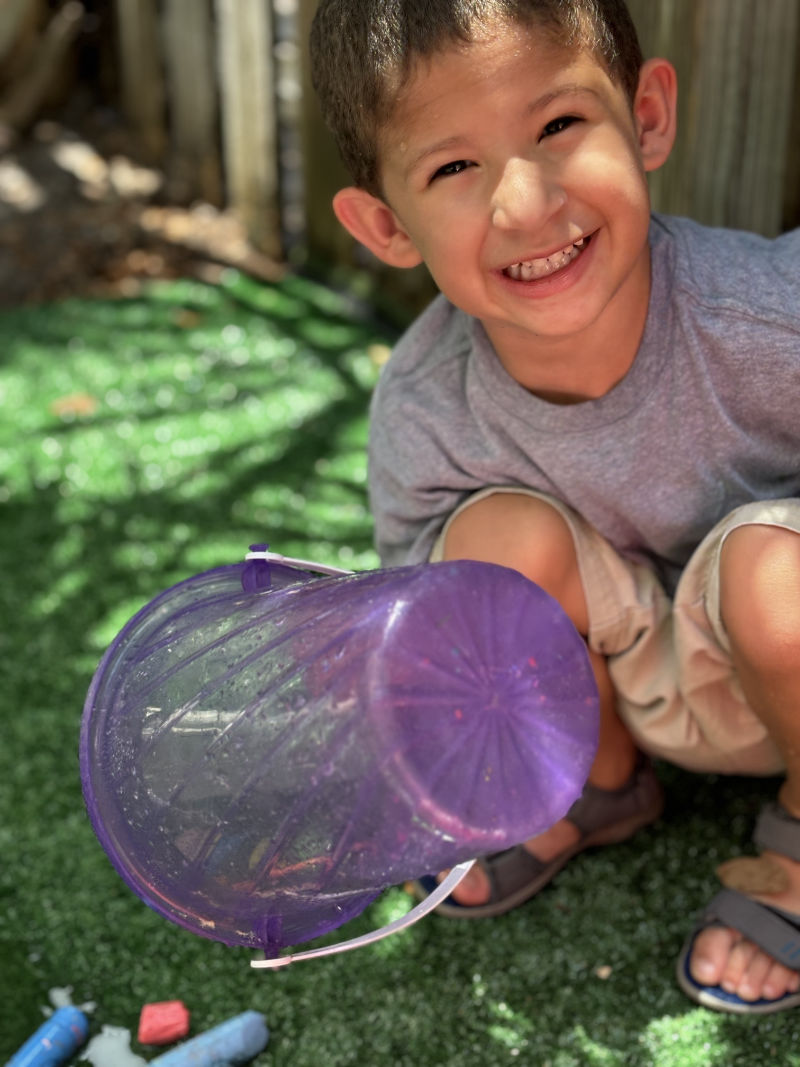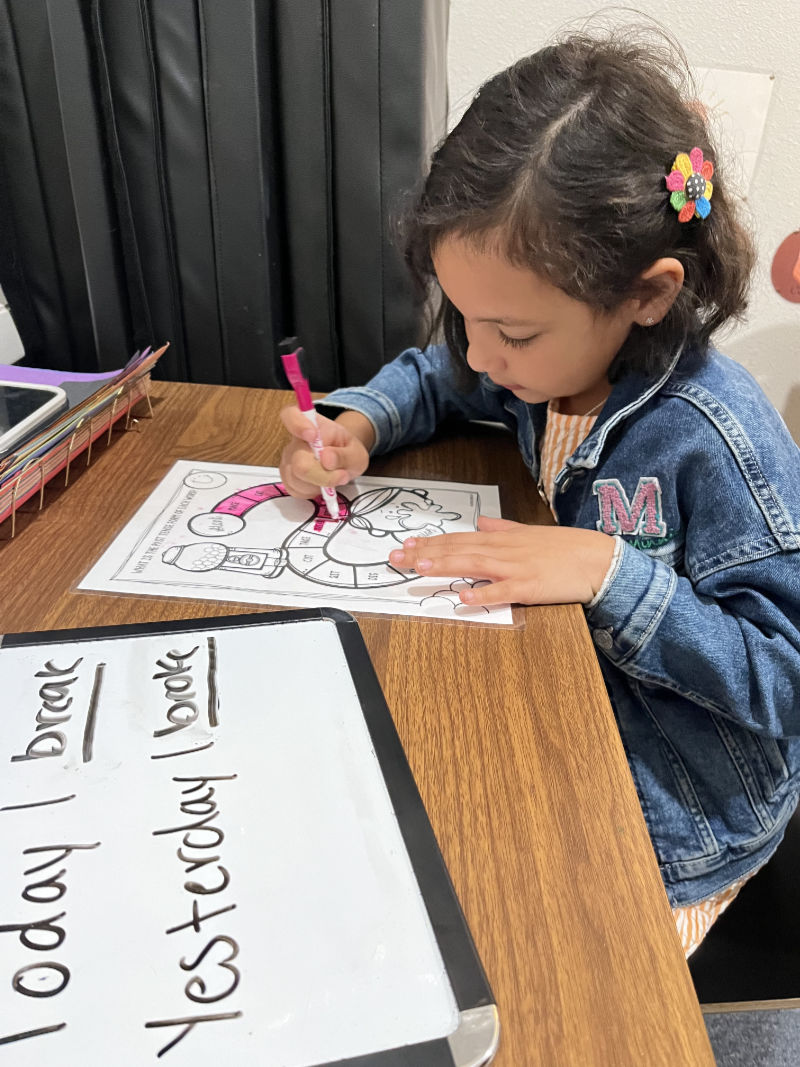Occupational Therapy
Sensory Processing
Does your child:
- Struggle to pay attention or get easily distracted?
- Dislike certain clothing fabrics or food textures?
- React strongly to bright lights or loud noises?
- Often crash into furniture, jump off chairs, or chew on objects?
If you nodded to any of these, your child might have sensory processing differences.

Our sensory system organizes information from our senses – vision, hearing, taste, touch, body awareness, and balance. Sometimes, this system doesn’t interpret information effectively, which can affect daily life. Sensory processing challenges can lead to behavioral issues or learning difficulties at school.
At Bayside, we thoroughly evaluate your child’s sensory needs and create a personalized plan with targeted strategies. By addressing sensory concerns, we can help your child function more effectively and be more open to learning and socializing.
Sensory Feeding
Our occupational therapists bring specialized training in sensory processing to the table – quite literally! Many children who are picky eaters or have pediatric feeding disorders also experience sensory challenges. Our OTs use their expertise to prepare your child’s sensory system for new food experiences, gradually introducing different tastes, textures, smells, and colors. We understand that eating isn’t just about nutrition – it’s a full sensory experience.
By addressing the sensory aspects of feeding, we can help your child become more comfortable with a wider variety of foods. We create a positive mealtime environment and develop strategies to make trying new foods less overwhelming. Our goal is to turn mealtimes from a struggle into an enjoyable family experience. Let’s work together to expand your child’s food horizons!
School and Play Skills
For children, “occupation” means school and play. Our occupational therapy helps improve these vital areas of your child’s life. We focus on skills like:
- Handwriting
- Social interactions – making friends and having conversations
- Managing emotions
Navigating outdoor play without sensory overwhelm- we believe nature and being outside is so important to child development and regulation
Adapting to school environments
- Using utensils for eating
- Improving visual attention for classroom activities
- Enhancing focus on teachers and lessons
- Participating in group activities like circle time
Our goal is to help your child thrive in their everyday lives. We work on the practical skills they need to succeed at school, during playtime, and in social situations. By addressing these areas, we aim to boost your child’s confidence and independence in their daily “occupations.”

